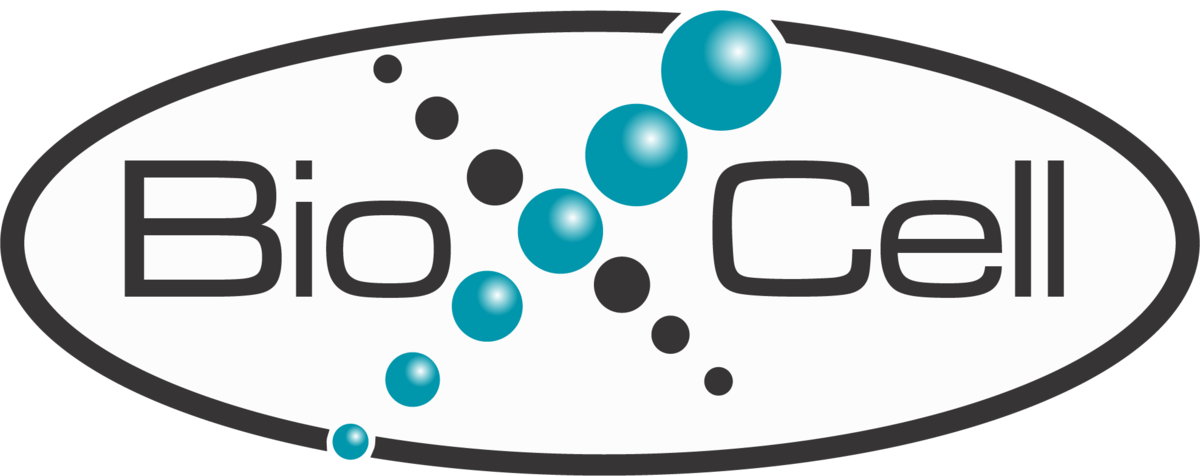A Breakthrough by Swiss Researchers
In the ever-evolving field of cancer research, understanding the complexities of the tumor microenvironment (TME) is crucial for developing innovative therapies. A recent Nature Immunology publication by researchers of the University of Zurich has shed light on the role of Interleukin-23 (IL-23) in stabilizing regulatory T cells (Treg cells) within the TME, revealing potential new avenues for cancer immunotherapy.
Key Findings
- IL-23 and Treg Cells: The study identifies a significant role for IL-23R signaling in maintaining an effector Treg cell program in the TME. These Treg cells, which express IL-23R, are crucial for the immunosuppressive environment that enables tumor growth.
- Tumor-Associated Macrophages (TAMs): TAMs were found to be the predominant source of IL-23 in both mouse and human TMEs. The interactions between these macrophages and Treg cells suggest a complex network that supports tumor progression.
- Genetic Ablation Studies: By using genetically modified mouse models, the researchers demonstrated that specific deletion of IL-23R in Treg cells leads to a marked reduction in tumor growth. This effect mimics the outcomes observed in full IL-23R knockout mice, underscoring the critical role of IL-23 in Treg cell-mediated tumor promotion.
- Mechanisms of Treg Cell Stabilization: The study reveals that IL-23R signaling helps stabilize the identity and function of effector Treg (eTreg) cells through the transcription factor Foxp3. This stabilization involves multiple pathways, including the suppression of interferon-gamma (IFNγ) and the regulation of glycolysis, contributing to the immunosuppressive milieu that protects tumors from the immune response.
- Therapeutic Potential: Targeting the IL-23/IL-23R axis presents a promising strategy for cancer immunotherapy. By disrupting this pathway, it may be possible to destabilize Treg cells within the TME, enhancing anti-tumor immunity and improving the effectiveness of existing cancer treatments.
Implications for Cancer Therapy
The findings from this study have far-reaching implications for the development of new cancer therapies. By understanding the dual role of IL-23 as both a proinflammatory cytokine and a stabilizer of immunosuppressive Treg cells, researchers can devise strategies to selectively target the IL-23/IL-23R axis.
Potential therapeutic approaches include:
- IL-23/IL-23R Blockade: Developing inhibitors that block IL-23 or its receptor could reduce the immunosuppressive environment within tumors, allowing the immune system to mount a more effective attack against cancer cells.
- Combination Therapies: Combining IL-23/IL-23R blockade with other immunotherapies, such as checkpoint inhibitors, might enhance overall treatment efficacy by simultaneously reducing immunosuppression and boosting immune activation.
Conclusion
This study marks a significant step forward in our understanding of the TME and the role of IL-23 in cancer progression. By unraveling the mechanisms through which IL-23 stabilizes Treg cells, the research opens up new possibilities for targeting this pathway in cancer therapy.
Swiss researchers continue to be at the forefront of cancer research with innovative approaches that promise to develop more effective and targeted treatments, offering hope to patients worldwide. LubioScience supports this cutting-edge work by partnering with trusted brands to provide high-quality products for cancer research. Contact us today to see how we can assist with your project.
Supplier

Bio X Cell
Bio X Cell is a specialist for high-quality monoclonal antibodies for in vivo research.
